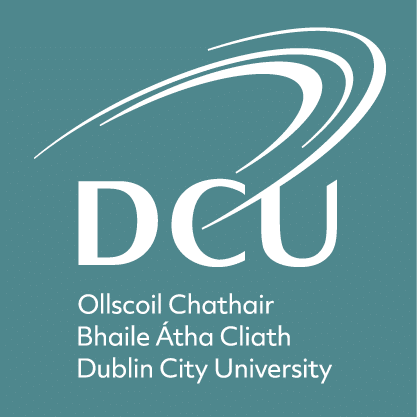The
Masters of Education in Autism (MEdA) is a unique, part-time, two year programme focussing on the needs of educators working with children and young people with autism. A blended format is used to make it accessible and sustainable for practicing teachers from primary, post-primary or special schools, and from other recognised educational centres.
Delivered at DCU, the world’s first Autism Friendly University, this course has a practical aspect focussing on developing expertise among graduates in supporting young people on the autism spectrum.
There has been a rapid increase in the number of young people with autism in the education system in recent years, with the NCSE (2015) reporting a total of 14,000 pupils with autism in the education system. Developing expertise and whole school understanding regarding the educational needs of pupils on the autism spectrum is, therefore, of essential importance.
There are a number of
fee scholarships available for entrants to the Master of Education in Autism each year.
Graduates of two DCU accredited postgraduate qualifications may be considered to enter the 2nd year of the MEdA. These are
Graduate Certificate in the Education of Pupils on the Autism Spectrum (GCEAS) and the
Graduate Diploma in Inclusive Education, Learning Support and Special Education (GDILS). The first intake for second year will be in
September 2020.
The Masters of Education in Autism is designed to meet the professional and personal needs of educators seeking to acquire deep expertise in the area of evidence informed education for pupils on the autism spectrum. There is a particular focus on the translation of research evidence and theory into best practices in schools.
Graduates will develop the skills and knowledge to effectively collaborate with others and lead the development of a culture of inclusion for students on the autism spectrum in primary, post-primary or special schools, and other recognised educational centres.
Aims of the programme
- To develop expertise in fostering and supporting whole-school inclusive practice for pupils on the autism spectrum.
- To develop a deep understanding regarding the strengths and profiles of pupils on the autism spectrum,
- To gain practical support and expert guidance in using assessment to inform accurate pupil profiles and facilitate individualised planning to support inclusive education.
- To develop awareness regarding a range of evidence-informed pedagogical approaches shown to be appropriate for pupils on the autism spectrum.
- To develop the skills to lead and collaborate with colleagues, young people, and parents to foster inclusive school settings that meet the needs of an increasingly diverse pupil population.
Programme structure and content
The role of evidence-informed practice in the classroom, innovative approaches to collaboration, and whole-school approaches to supporting inclusion will be emphasised in this programme. Learners will also master a range of relevant research methods and complete a level 9 dissertation.
You will take five core modules in first year, with classes delivered on campus and online. There will be two teaching practice visits to scaffold translation of programme content to professional practice. Sec
For more information, see: https://www.dcu.ie/courses/postgraduate/institute-education/master-education-autism
